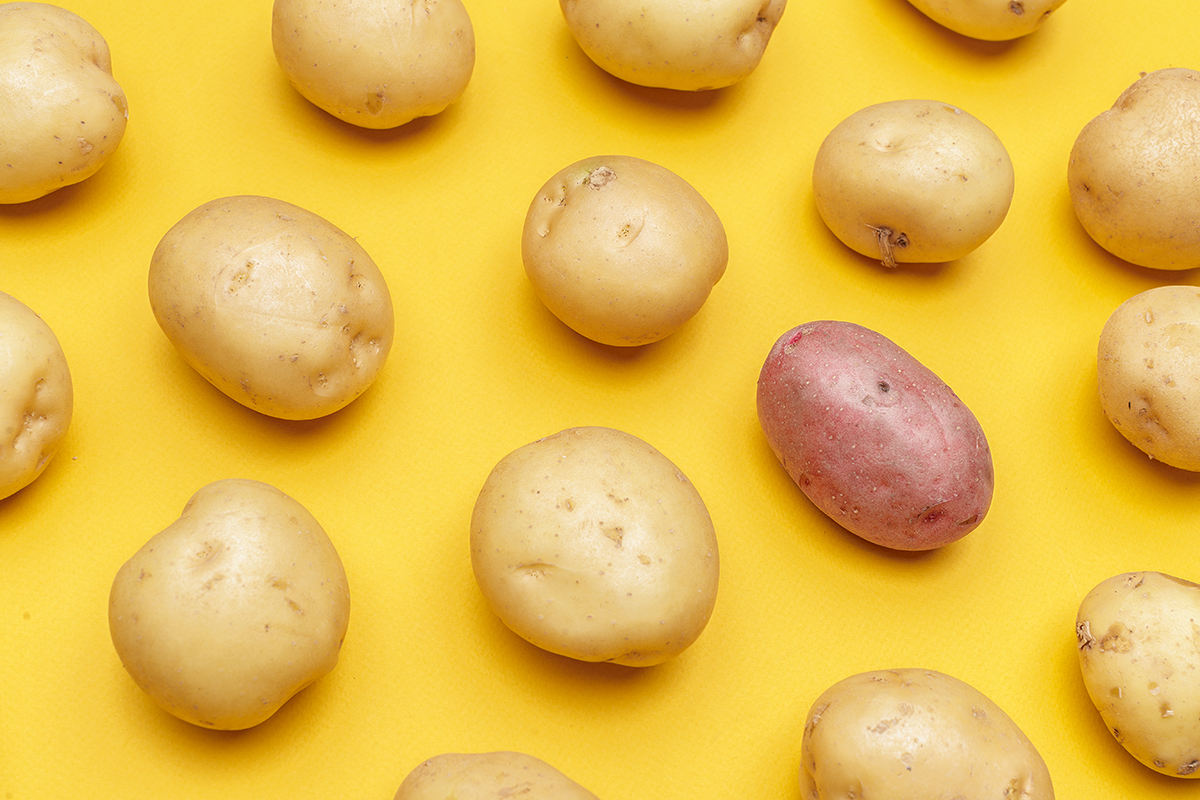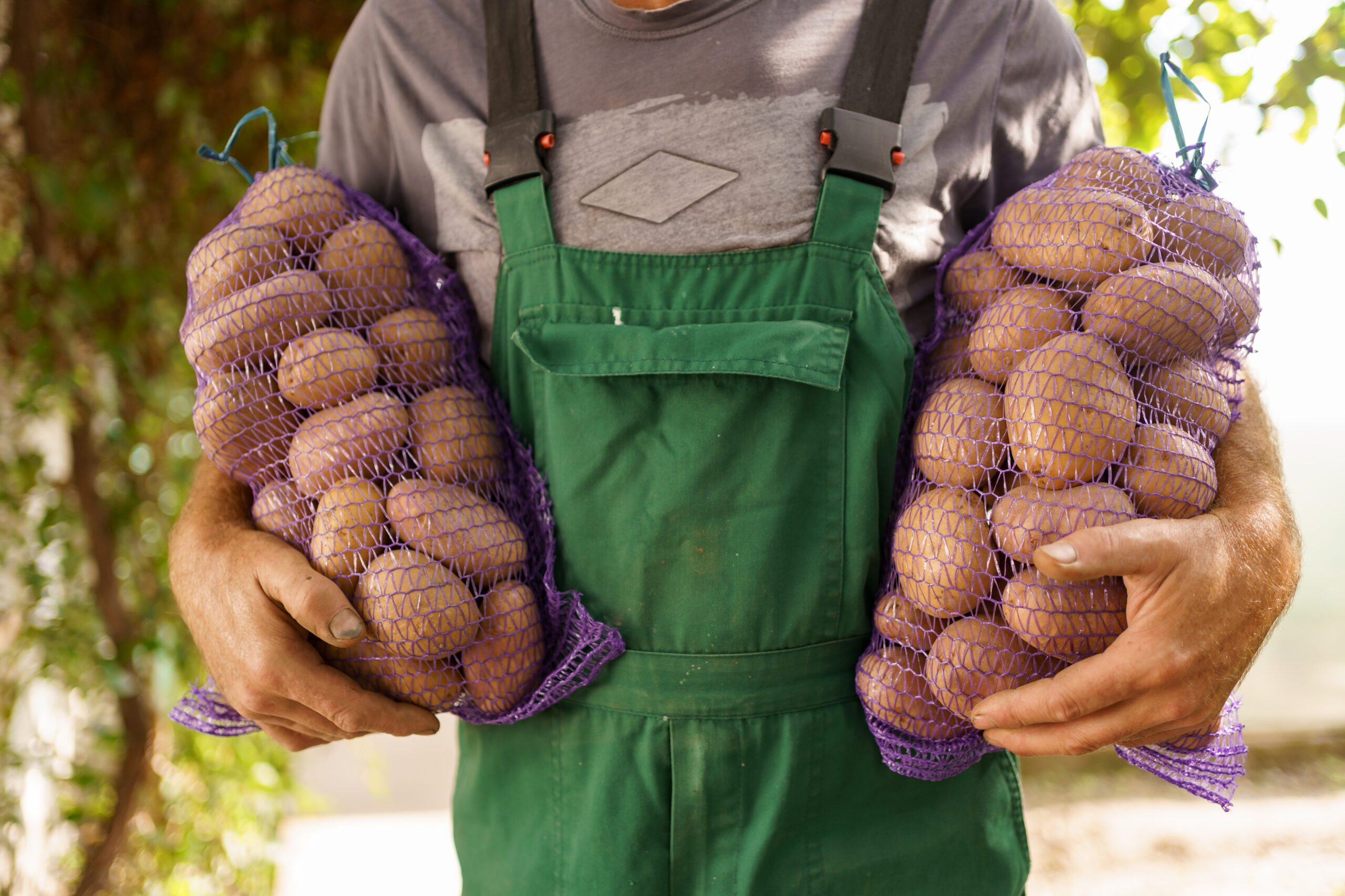Potato Battery
diy
march 7, 2022
- 1 min read

We already know the various ways a potato can be fried, cooked, mashed, and baked. But the potato’s real superpower might shock you: its electricity. A staple of many elementary school science fairs – next to the baking soda volcano – the potato battery might have more practical uses than we think.
Potato batteries are fairly straightforward, but to understand how they work, let’s understand how batteries like the ones in your TV remotes work. Normal batteries are comprised of positive electrodes (cathodes), negative electrodes (anodes), and an electrolyte (usually a gel or liquid) made up of electrically charged particles.
When the electrolyte combines with the cathode and anode, it creates a chemical reaction (this is the key part) that produces electricity. So when you put a battery into a TV remote, it allows the battery to complete a circuit and power the remote.
Remember how chemical reactions are turned into electricity? Luckily, potatoes and other fruits and vegetables are filled with all kinds of acids and salts that allow the potato to act like the electrolyte in the battery. Combine this with a zinc nail (that includes negative electrodes) and copper (which contains positive electrodes), and the potato is able to act as a bridge and help create the chemical reaction necessary to create electricity and complete the circuit.
This may sound like nothing more than a high school science experiment, but some researchers believe the potato battery might be destined for more. According to a university in Israel, one potato can hold enough electricity to light LED lamps in a room for 40 days. Combined with the low cost of buying and growing potatoes, this could have significant implications for impoverished areas with no access to power grids.
So why aren’t we all using potatoes to power our everyday lives? Well, potatoes (which aren’t electric themselves, but work as a bridge for electricity to be made) don’t allow a large amount of voltage to be created. Enough to charge your phone? Yes. Enough to power your house? Maybe not. There’s also the issue of making sure the potatoes aren’t depleting the supply used for food. Should this detract from the usefulness of the potato battery? No, but don’t expect to be stopping at a potato station to charge your electric car anytime soon.
So it turns out potato batteries aren’t just novelties, they might help solve energy problems across the world. Is there anything potatoes can’t do?
In other news...

Process
The Lifecycle of A Smarter Potato
We do everything possible to plant and harvest the highest…
Read on
DIY
5 Tips to Mastering Grilled Potatoes
When it comes to summer grilling, there's no denying that…
Read on
